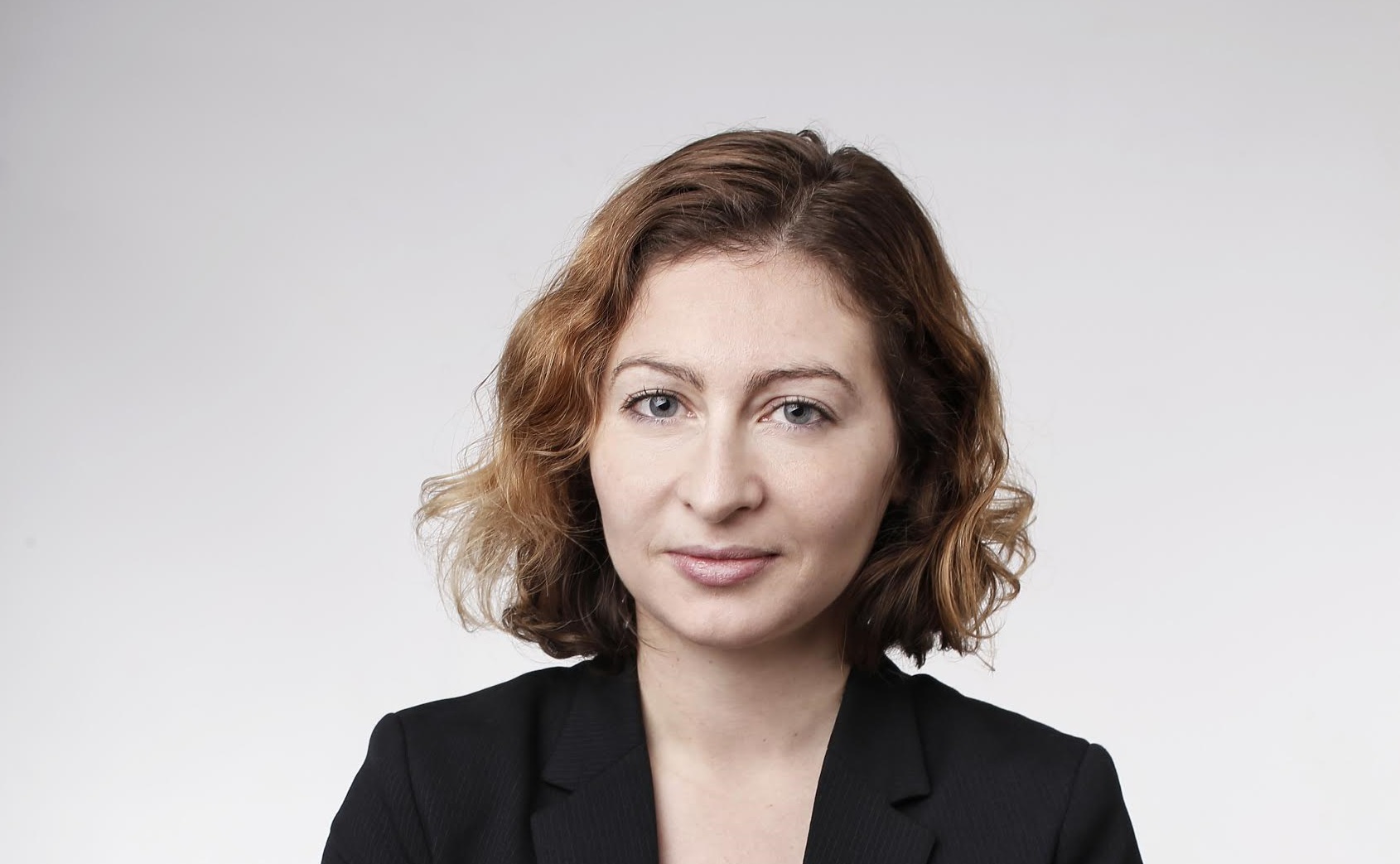Emmanuel Macron to visit China as Beijing shifts focus from UK to France
China and France see French president’s visit as chance to transform bilateral ties after Brexit and election of Donald Trump. The French president, Emmanuel Macron, will make his first official visit to China on Monday for talks aimed at boosting the global influence of both countries and forging closer ties with the European Union.
The three-day visit, the first by the leader of an EU nation since Xi Jinping secured his grip on power at the Communist party congress in October, comes after Macron called for a stronger Europe to “face China and the United States” in his new year message.
Beijing and Paris are both painting Macron’s visit as a chance to transform bilateral ties and establish a stronger partnership between China and the EU. Xi will be hoping for French – and by extension EU – approval for his expansionist Belt and Road initiative and a tacit nod to China’s ambitions to establish itself as an alternative to the US in a new world order.
Macron is seeking to expand his – and by extension France’s – international influence in the vacuum created by Brexit and the election of Donald Trump. Tellingly, Beijing will host Macron before Theresa May, who is expected to visit China at the end of January, having repeatedly delayed a trip pencilled in for last summer.
Before the Brexit vote in the UK, Beijing had groomed London as a key ally within the EU and touted a “golden era” of UK-China ties. Its focus has since moved to the French capital. Barthélémy Courmont, a senior research fellow at the French Institute for International and Strategic Affairs, and a specialist in Chinese politics, said Beijing now saw Macron as its conduit to Europe.
“It is clear in Chinese minds that France represents Europe politically,” Courmont said. “China considers Germany an economic partner in Europe, and France a defence and diplomatic partner. Before [Brexit] China considered Britain its main interlocutor in Europe, but now the UK is of less interest.”
Zhao Chen, an expert in China-Europe relations from the Chinese Academy of Social Sciences, said Macron beating May to Beijing should not be over-interpreted, but added: “Since Britain decided to leave the EU, Germany and France are now being prioritised by China. France is now now a more important partner in Europe and also in the global arena. It is a middle power with international influence.”
As nuclear powers and veto-wielding permanent members of the United Nations security council, France and China have much to talk about including Syria, the Israel-Palestine conflict, North Korea and climate change.
Geng Shuang, a spokesman for China’s foreign ministry, said on Friday the two sides would have an exchange of “in-depth views on China-France relations and issues of common interest”, taking “the close and enduring China-France comprehensive strategic partnership to new heights”.
He confirmed discussions would go far beyond bilateral interests into “major international and regional issues”, with talks about “how to strengthen cooperation, uphold multilateralism, advance multi-polarism, build an open world economy, improve global governance, jointly cope with global challenges and build a new type of of international relations and a community with shared future for mankind.”
Alice Ekman, the head of China research at the French Institute for International Relations, said the promotion of multilateralism and the restructuring of global governance was high on both Paris and Beijing’s agendas.
“However, the two countries have very different vision and ambitions in these fields,” Ekman said.“Under Xi Jinping, China aims to promote in the world a new model of development and governance that is aligned with what China has put in place at home so far – therefore a model that is very different from that of liberal democracies.”
Courmont believes Macron will almost certainly raise concerns about Beijing’s human rights record but China was unlikely to be listening. What China really hoped to hear was Macron’s approval of its Belt and Road initiative, he said.
Xi, who launched his second five-year term last October – becoming the country’s most powerful ruler since Mao Zedong – by promising a “new era” of Chinese power, sees this $900bn infrastructure investment project along what Beijing describes as the “Silk Road economic belt and 21st-century maritime Silk Road” as the path to China’s global leadership.
Courmont said that until now Europe had sent mixed signals over this massive expansion of Chinese economic, strategic and political influence.
“More important than all the declarations of good intent will be what Emmanuel Macron says on the Belt and Road initiative: will Europe oppose or accompany the project? My contacts suggest he [Macron] will send a positive message,” Courmont said.
During the visit, from Monday to Wednesday, Macron will visit Xi’an (the Terracotta Army) and Beijing’s Forbidden City.
Additional reporting by Wang Zhen
To read the article : The Guardian.com

Share





